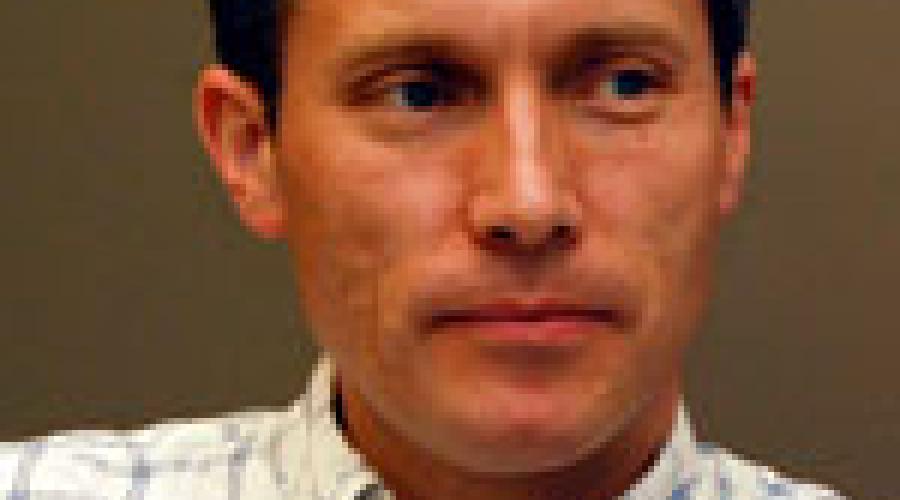
Windows on the Workplace
Alex Colvin spent several summers earning money for college by planting trees as fast as he could.
In northern Ontario, he lived in a tent at night, planted trees during the day and, unwittingly, prepared for a career that now focuses on workplace issues.
Colvin outwitted some "ridiculously unpleasant" working conditions – including bears and snow -- those summers. He developed an efficient technique and moved to a pace of up to 1,500 trees planted daily.
"At the time, it was just for money. But, I learned about structure, about how the pay system affects performance. I learned how to simplify, how to speed up work," said Colvin, who joined the ILR faculty last year.
At the University of Toronto, Colvin earned an astronomy degree, then a law degree.
Work as a lawyer gave him a window on the employment world.
Many workers do not know their legal rights, he learned, and protections vary wildly, employer to employer, particularly in the United States.
For many Americans, he said, there are very limited protections against unscrupulous employers, Colvin said. "Basically, you can be fired unfairly."
Captivated by how technical, legal and institutional details of the workplace can impact outcomes, Colvin enrolled in the ILR School as a doctoral student.
Since then, Colvin's workplace research has included studies of employment dispute resolution – particularly in non-union workplaces, and a comparative study of the impact of the legal environment on organizations in Canada and the United States.
A long-term project, in collaboration with ILR colleagues Dean Harry Katz and Professor Rosemary Batt, on work and employment in the telecommunications industry has also been a research focus for Colvin.
After graduating from ILR with a doctoral degree in 1999, Colvin taught at Penn State University as a member of its Department of Labor Studies and Employment Relations.
Last summer, Colvin returned to ILR to serve as a faculty member of the Department of Collective Bargaining, Labor Law and Labor History faculty and of the Scheinman Institute on Conflict Resolution.
Colvin's current research includes a project on the outcomes of employment arbitration and a comparative study of labor and employment law changes in the Anglo-American countries.


